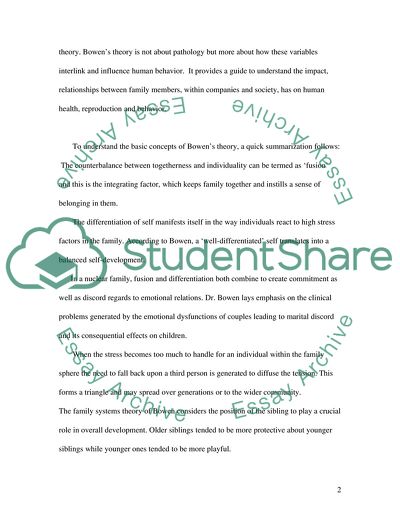Cite this document
(The Concept of Family System Theory Essay Example | Topics and Well Written Essays - 2250 words, n.d.)
The Concept of Family System Theory Essay Example | Topics and Well Written Essays - 2250 words. https://studentshare.org/sociology/1715954-family-system-theory
The Concept of Family System Theory Essay Example | Topics and Well Written Essays - 2250 words. https://studentshare.org/sociology/1715954-family-system-theory
(The Concept of Family System Theory Essay Example | Topics and Well Written Essays - 2250 Words)
The Concept of Family System Theory Essay Example | Topics and Well Written Essays - 2250 Words. https://studentshare.org/sociology/1715954-family-system-theory.
The Concept of Family System Theory Essay Example | Topics and Well Written Essays - 2250 Words. https://studentshare.org/sociology/1715954-family-system-theory.
“The Concept of Family System Theory Essay Example | Topics and Well Written Essays - 2250 Words”. https://studentshare.org/sociology/1715954-family-system-theory.


